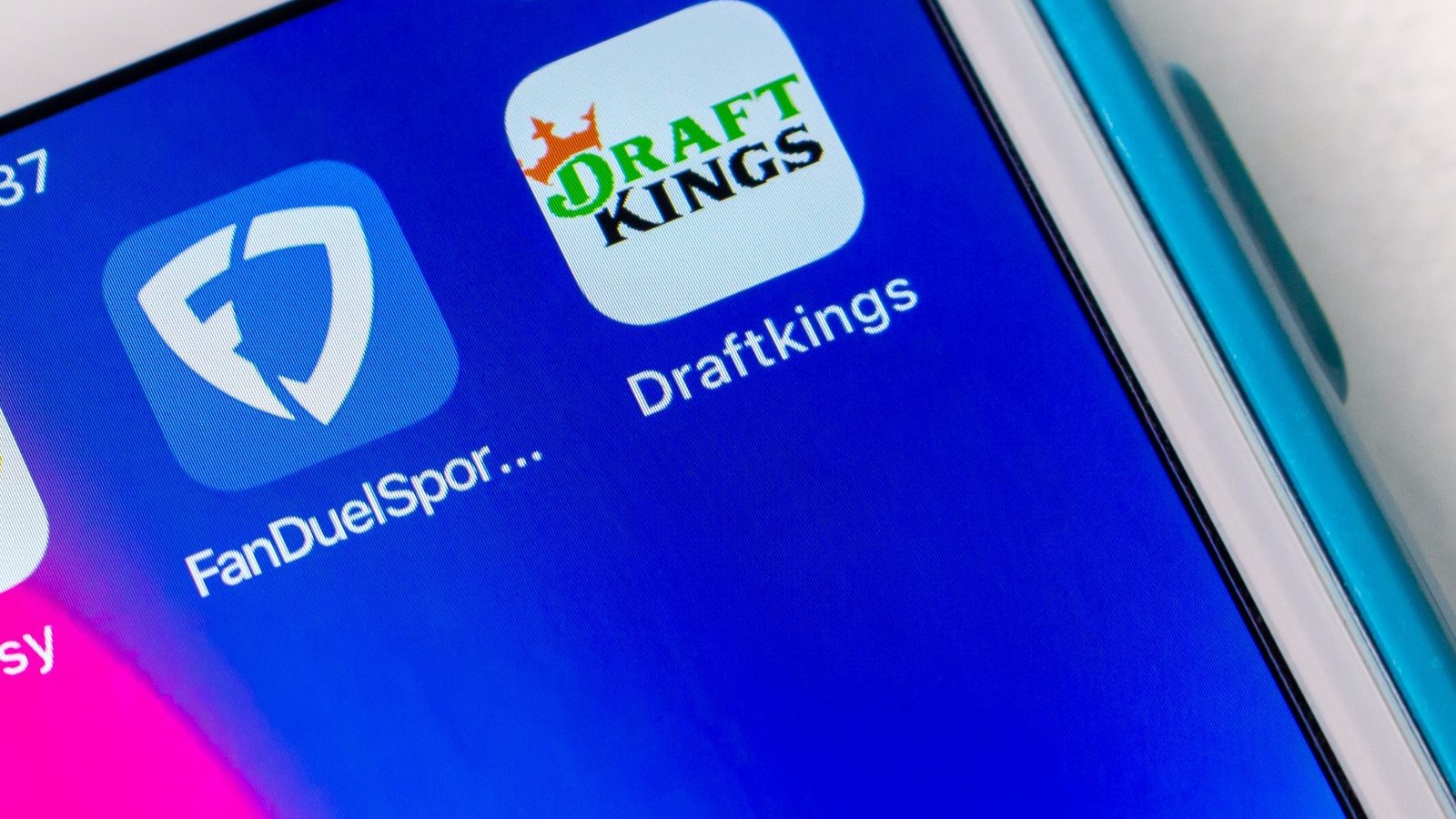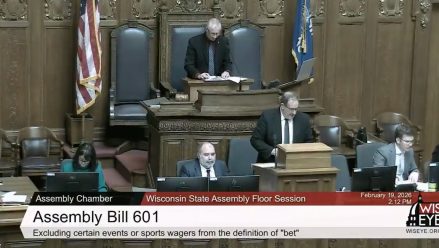After a discussion about how prediction markets fit into the legal sports betting landscape at the American Gaming Association’s (AGA) Public Policy Committee (PPC) meeting in Washington, D.C., Monday, DraftKings and FanDuel suddenly resigned from the trade organization. Both companies previously announced their intent to begin offering sports event contracts via prediction markets, which are regulated by the federal Commodity Futures Trading Commission (CFTC) rather than by state regulators.
Sometime after the general PPC meeting Monday, and before an evening cocktail hour, the AGA’s executive committee met, and the end result was a clear split between the AGA, DraftKings, and FanDuel about prediction markets. The AGA actively opposes the federal regulation of sports event contracts. Sources say it appeared that the rift was enough to splinter the relationship, and DraftKings and FanDuel resigned before a vote on their status could be taken.
“FanDuel has built our business by maintaining strong industry partnerships,” a FanDuel spokesperson emailed InGame Monday night. “We value the spirit of collaboration that comes with these relationships. But as we expand into prediction markets, we recognize this direction is not aligned with the American Gaming Association’s current priorities for its member operators. After thoughtful consideration, we have decided to step back from our AGA membership at this time.”
A DraftKings company spokesperson told InGame Monday night, “As the company’s business strategy evolves — including with prediction markets — DraftKings determined that its plans no longer fully align with the AGA’s direction in certain areas and has decided to relinquish its membership.”
An AGA spokesperson confirmed the resignations.
“In discussion with DraftKings and FanDuel, the AGA has accepted their request to relinquish their memberships, effective immediately,” the AGA spokesperson wrote via text. “We wish them the best, and we expect to maintain close ties in our mission to promote and protect legal, regulated gaming.”
Despite the difference of opinion with relation to prediction markets, DraftKings and FanDuel will likely continue to lobby, via the Sports Betting Alliance (SBA), alongside the AGA to legalize traditional sports betting. The companies, along with bet365, BetMGM, and Fanatics Sportsbook comprise the SBA.
Casinos differ from tech companies
The departures underscore the differences between the kinds of companies that offer legal sports betting — legacy casino companies like Caesars, MGM, and Penn Entertainment have opted not to enter prediction markets while tech companies like DraftKings, FanDuel, PrizePicks, and Underdog are embracing it.
Though casino companies and tech companies both offer state-regulated sports betting, their business models and plans are different. Casino companies often have hundreds of millions of dollars of physical assets to protect, mortgages to pay, and thousands of employees. Tech companies own few, if any, physical gaming locations, and employ fewer people because nearly all of their business is online vs. in person.
Underdog is already live with limited prediction markets in 22 states, including a handful that have state-regulated sports betting. Underdog is a tech provider to Crypto.com. PrizePicks launched its prediction platform Friday in partnership with Kalshi.
FanDuel announced plans last week, ahead of parent-company Flutter’s third-quarter earning call, to go live with FanDuel Predicts in partnership with CME next month. DraftKings made a similar announcement ahead of its third-quarter call the previous week. DraftKings acquired CFTC- approved platform Railbird and has plans to launch DraftKings Predictions “in the coming months.” DraftKings and FanDuel said they would not launch their prediction platforms in legal sports betting markets, and will geofence out Indian Country.
AGA may now have more clear message
Sports event contracts came into the public consciousness in January, when Kalshi began offering them ahead of the Super Bowl. Since then, Crypto.com has begun to offer them, and Polymarket has plans to launch soon. Those in the regulated market say prediction markets — which are defined as financial tools rather than gambling — are encroaching on state-regulated gambling. Some state regulators have sent cease-and-desist letters to keep prediction markets out of their jurisdictions, and Kalshi is in court in assorted states across the U.S.
Among those states is Nevada, where the gaming control board last week announced that FanDuel had surrendered its license and DraftKings had withdrawn license applications. FanDuel operates one in-person sportsbook in Las Vegas and neither DraftKings nor FanDuel has a digital betting license in Nevada.
The AGA has been lobbying against prediction markets, arguing that they are not beholden to the same sorts of regulation as state-regulated sportsbooks, including a lack of responsible gambling guidelines. Prediction markets also do not pay state taxes.
The AGA has been walking something of a tightrope in its lobbying efforts about prediction markets with some members opposed and others supportive.
“This allows them to be completely full-throated,” one source said when asked how the departures will affect the AGA’s lobbying efforts. “It was getting to a point that it was going to get dicey.






